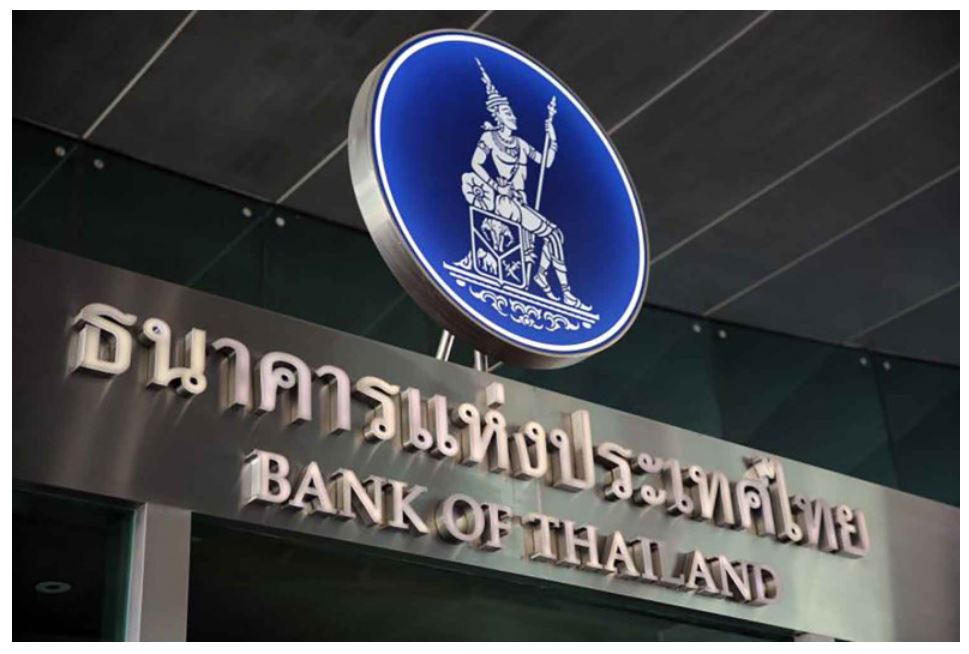Thailand: BoT eases forex rules for stability
The Bank of Thailand plans to further relax foreign exchange regulations to balance capital flows, seeking to stabilise the exchange rate over the long term.
The bank is allowing Thai individuals to invest up to UScopy0 million in offshore markets, up from $5 million now. The move should help to balance capital flows and manage baht-dollar volatility, said Bank of Thailand assistant governor and head of financial markets operations group Alisara Mahasandana.
The regulator is also increasing the amount allowed for cross-border money transfers from $50,000 to $200,000.
In addition, Thai companies are permitted to transfer money to overseas parents, known as “notional pooling”.
These easing measures are scheduled to be implemented in the third quarter this year.
Ms Alisara said the central bank wants to support the use of local currency in transactions between Thailand and four other Asian nations: China, Japan, Malaysia and Indonesia.
Recently the Bank of Thailand talked with the People’s Bank of China regarding additional cooperation to encourage businesses to use yuan-baht settlement for trade between the two countries.
Yuan-baht settlement for bilateral trade between Thailand and China has continued to increase, accounting for 6.6% of Thailand’s total international trade transactions this year, in line with higher business activity and exposure between the two countries.
“Trade between Thailand and China increased significantly last year, partly because of a low base effect for the past five years as well as the pandemic,” she said.
“Trade between the pair is expected to increase, which is why the two central banks want to promote the continued use of local currency.”
The use of local currency for transactions between Thailand and Indonesia increased minimally, while it remained steady for Thailand-Malaysia settlement, said the central bank. The Bank of Thailand wants to discuss with the central banks of both countries solutions to promote the use of local currencies, said Ms Alisara.
Thailand and Japan have a bilateral local currency swap arrangement, which allows for the exchange of local currencies between the two central banks of up to 240 billion baht or ¥800 billion, enabling them to provide baht or yen liquidity to eligible financial institutions in support of their cross-border operations.
The baht often fluctuates against the US dollar, but moves in line with regional currencies.
Higher baht-dollar volatility is mainly attributed to external factors, accounting for around 60%, particularly the trend of the US economy and the US Federal Reserve’s monetary policy direction, she said.
Ms Alisara said China’s reopening would affect baht-dollar volatility, with Thailand benefiting, especially the tourism sector.
Thailand’s domestic political uncertainty is another factor pressuring the baht against the greenback as the country tries to form a new government, she said.
“Looking ahead, there are several uncertainties, both external and internal,” said Ms Alisara.
“The baht is expected to be volatile for a while, thus foreign exchange hedging for importers and exporters is recommended to minimise foreign exchange risks.”
The central bank’s relaxing of foreign exchange rules should help to ease the baht volatility over the long term, she said.
Source: https://www.bangkokpost.com/business/2600636/bot-eases-forex-rules-for-stability


 Thailand
Thailand




